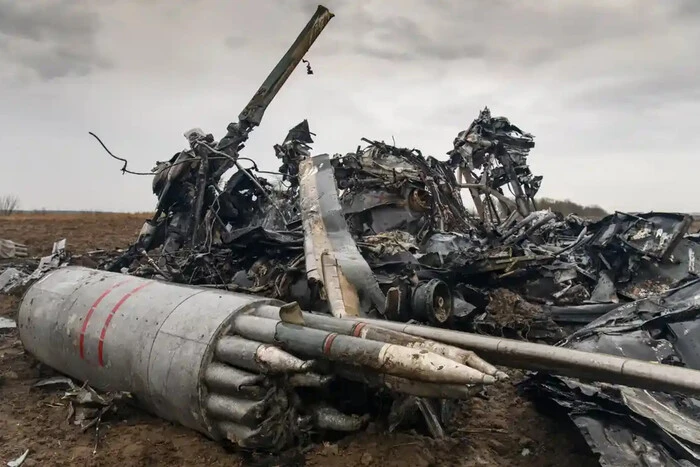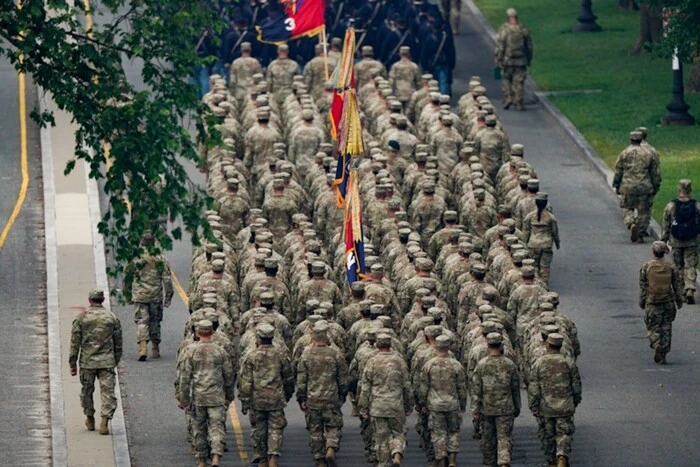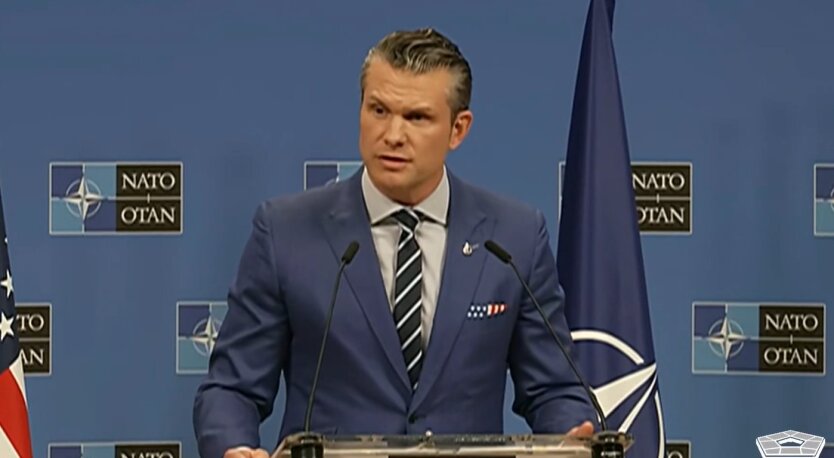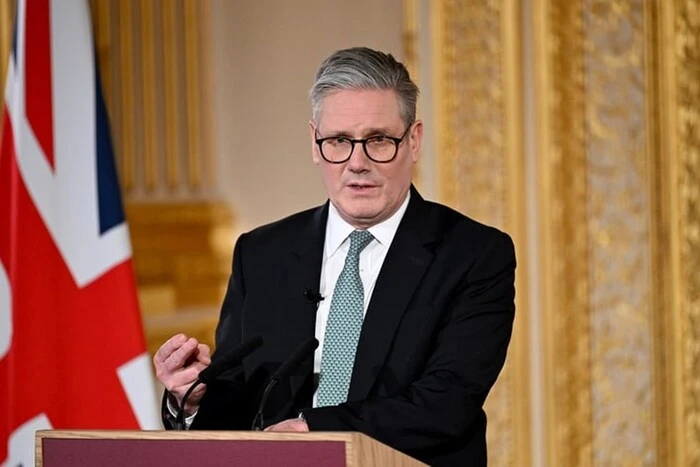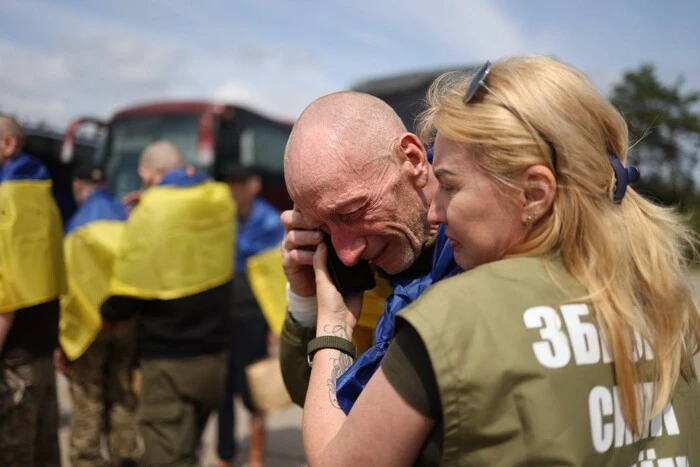Scholz is losing German support due to his unsatisfactory assistance to Ukraine - research.

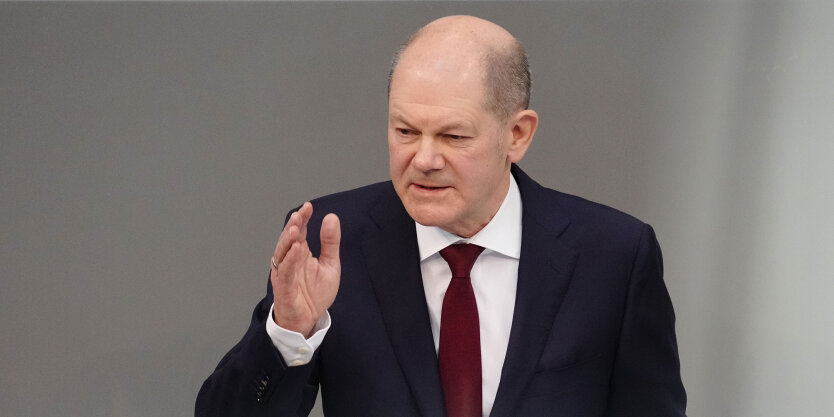
Only 10% of German voters are satisfied with their government's response to Russia's invasion of Ukraine. This was reported by The Times correspondent Oliver Moody. According to the report, published in the context of growing doubts about the duration of the ruling coalition in power, many Germans are dissatisfied with the actions of their government. It is worth noting that Germany is one of the largest sponsors of military and financial aid to Ukraine, providing it with weapons worth more than 18 billion euros. However, there are concerns that the assistance may be cut. The neglect of European security compliance is noted by the reported action of Finance Minister Christian Lindner to reduce support for Ukraine. According to Benjamin Tallis, director of the think tank "Democratic Strategy Initiative," German Vice-Chancellor Olaf Scholz is currently trying to use state elections to force Ukraine into negotiations and possibly further reduce support.
According to the study, only 11% of Germans are satisfied with their government's assistance to Ukraine, while 67% express dissatisfaction. The study also showed that 32% of respondents want the EU to provide Ukraine with "significantly stronger" support, while 41% are opposed. In addition, 68% expressed concern about the possibility of Germany becoming involved in an armed conflict in Europe in the coming years, especially supporters of the Alternative for Germany party.
Source: ZN.UA
Read also
- Enemy Losses as of June 15, 2025 – Armed Forces of Ukraine General Staff
- A military parade has started in the States for the 250th anniversary of the Army: live broadcast
- The USA has transferred part of the weaponry from Ukraine to the Middle East
- The United Kingdom is deploying fighter jets to the Middle East
- Intelligence named the category of soldiers who are hardest to return from Russian captivity
- Dozens dead in Iran wounded in Israel: how far will the escalation go and who may intervene

